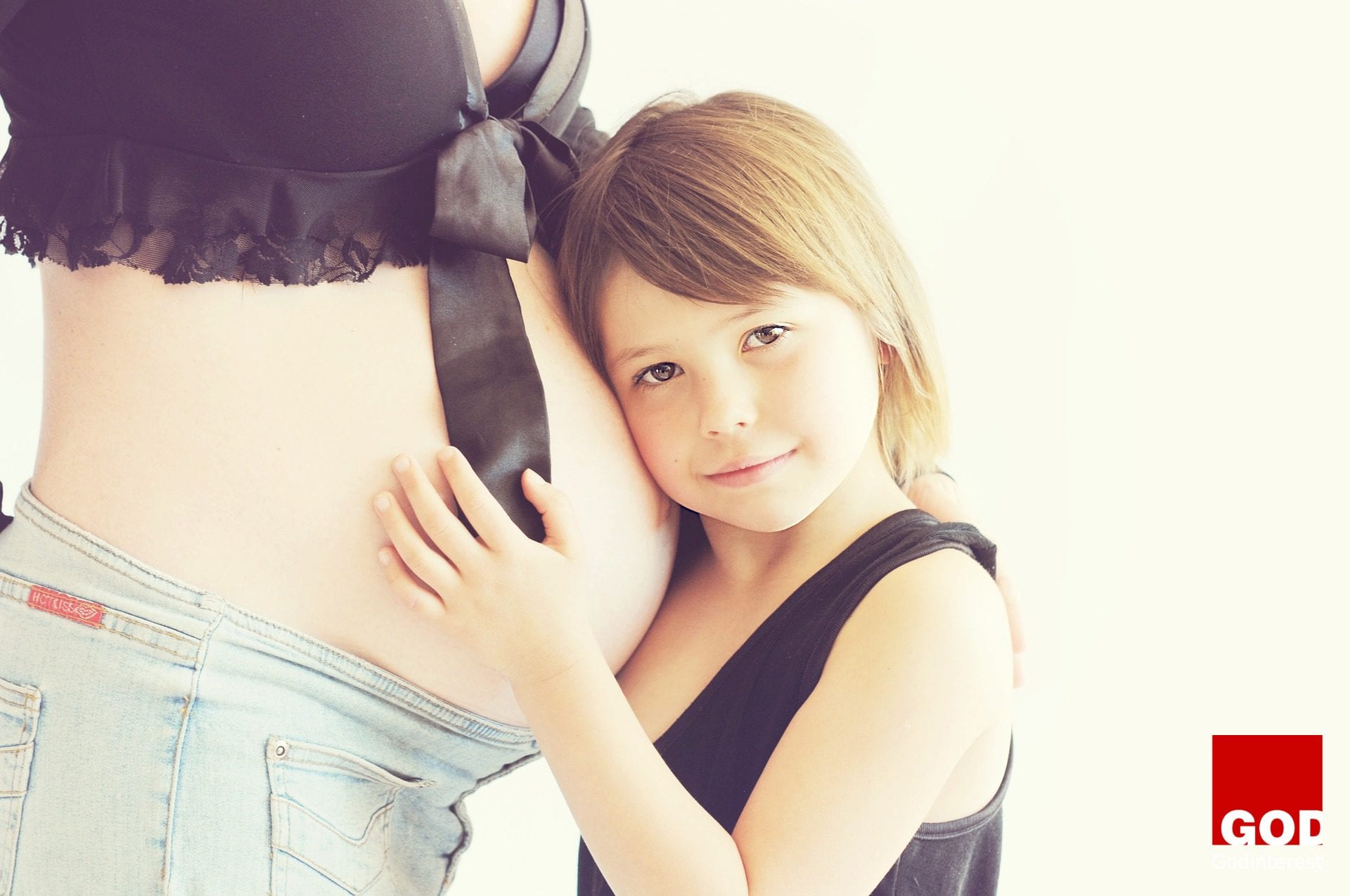For Maria Shriver, motherhood is quite a serious and heavy responsibility.
She said, “Having kids—the responsibility of rearing good, kind, ethical, responsible human beings—is the biggest job anyone can embark on.”
For Gilda Radner, motherhood seems to be a great risk.
She said, “Motherhood is the biggest gamble in the world. It is the glorious life force. It’s huge and scary—it’s an act of infinite optimism.”
From these two viewpoints, a mother may find motherhood to be a daunting task. You never know what the outcome of your efforts will be. Not even your best will guarantee that your child will turn out well in the end. Other mothers may feel doomed and trapped for it will require one’s whole life and being to fulfill this kind of responsibility.
These kinds of perception are just a few of the reasons that discourage females from desiring and pursuing motherhood. Statistics show that voluntary childlessness among women is on the rise. One past study among Canadian women showed that among childless women aged 40 and up, half were intentionally childless. One US study showed the number of childless women aged 30 and over have increased from 2007.
Scriptures, however, always bring insight and optimism. Not all will be mothers. Not all can be mothers. God’s Word says that children are a heritage from the Lord and that the fruit of the womb is a reward. Remembering this through all seasons of motherhood will make the “task” more enjoyable. Women who experience God’s love, who journey towards sharing His love with others will find this to be true. In experiencing God’s love and imparting it to others, a woman will find herself loving motherhood with each passing day. She will also understand key principles of motherhood and focus on those.
Raise a child who loves God above all.
It is a better desire to raise a child who not only loves and desires to please you but who loves and desires to please God above all. In godliness is spiritual success. Spiritual success is key to a thriving life because your child will grow committed and dependent on God whether times are good or evil. Lay the foundations and allow your child to grow, rooted in them. Proverbs 22:6 says that when we direct our children onto the right path when they are older, they will not leave it. It means that whatever happens, our child will always have the right foundations to go back to.
Explain the whys.
When children are young, it is essential that we direct them to do what needs to be done. Kids depend on us to teach them the basics: right values, right conduct. As children get older, weaning should take place. We are to train them to exercise their own senses, to develop discernment, to formulate their own convictions and priorities. The parent needs to be there to instill right biblical values that make sense to the children. Then, the parent needs to step back and allow the power of the Word to take effect in the hearts and minds of their children. With age, motherhood evolves from dictating the “to-dos” and “not-to-dos” to explaining the “whys and “why not’s”.
Lay the foundation. Rear a lover of God. Train your child for independence. Do these. Then, trust God for the results. Be an absolute lover of your child, even when he makes mistakes. And always, be a continual teacher and mentor.




